Whose Stories Can We Tell? Bonnie E. Carlson
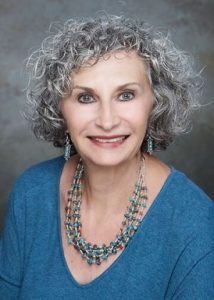 Recent conversations with two editors about stories I wrote got me thinking deeply about this issue: Whose stories can we (legitimately) tell? This issue exploded recently with the publication of American Dirt by Jeanine Cummins. It’s been debated on TV, in the Twitterverse and in other forums.
Recent conversations with two editors about stories I wrote got me thinking deeply about this issue: Whose stories can we (legitimately) tell? This issue exploded recently with the publication of American Dirt by Jeanine Cummins. It’s been debated on TV, in the Twitterverse and in other forums.
Must we be a member of a group in order to tell the stories of members of that group? Must we have experienced something directly to write about it? These profound questions sit at the heart of fiction. My intention here is not to point the finger at anyone or try to be the arbiter of who should and shouldn’t be telling which kinds of stories. Instead, I hope to stimulate a discussion of these issues and provide an opportunity for people to voice opinions about what considerations should be taken into account in deciding what kinds of stories we can tell.
What qualifies a writer to tell a particular type of story? Surely there are stories I shouldn’t be writing about—how do I decide what qualifies me or doesn’t qualify me to tell a particular type of story?
All of us are members of multiple ethnic, social, gender, age, and other groups, what feminists refer to “intersectionalities.” In writing fiction, are we only allowed to tell the stories of characters from groups of which we are members? Or can we cross the boundaries and write about characters from other groups of which we are not members? For example, I am an older, white, cisgender female. In my fiction, I strive to include characters who are male, LGBTQ, and who are members of nonwhite ethnic groups, to reflect the world as I see it.
In my current novel in progress, I have a biracial, nonbinary character as the best friend of a white fifteen-year-old girl. Will I get pushback about that? And my protagonist is a widow, struggling with grief, but I have never lost a husband. Can I legitimately write about the experience of being a widow?
Is it ever legitimate for a cisgender writer to write the story of someone who is transitioning their gender? Can a white woman write a story about a black man or a Latina? Or must a writer always be an insider, a member of that particular group? And what about historical fiction? If we can only write about our lived experience, how can anyone write a book that takes place in a past they’ve never lived?
I thought deeply about similar questions when I was a professor of social work. Questions frequently arose among students about whether one could help a client from a group very different from one’s own. Did one have to be a sexual abuse survivor to effectively counsel victims and survivors of sexual abuse? Could a male therapist counsel a female domestic violence victim? Could you counsel a person who had experienced addiction if you yourself had not struggled with that problem? My answer was always a qualified yes—if one had the appropriate attitudes, beliefs, and training.
In the nineties, I did some pro bono clinical work at a tiny counseling agency in Upstate New York. I was assigned a client who, as it turned out, was transsexual before that term was widely known or even existed. He was married, with a young child. He struggled with the issue of whether he should start the process of transitioning from male to female, what it might mean for his relationship with his daughter. My professional colleagues squirmed and laughed uncomfortably when I discussed it in supervision, so I approached my (gay) male supervisor privately. But he too was cisgender and knew no one who in those early days was out as a trans person.
By pure coincidence, during the early seventies, I had worked for a urologist who was (on the down low) performing surgery on males transitioning to female. I typed dictated transcripts of those operations. In the course that job I learned all kinds of things about hormone therapy and counseling that even back then were prerequisites for men and women who wished to transition. So, I happened to know a good deal more than my social work colleagues, including my gay supervisor, about the prospects and pitfalls of transitioning. I felt qualified to help that male client.
Writing fiction is a far cry from professional counseling, but this issue is still being debated as voices from underrepresented groups that have been dampened for too long have finally emerged in record numbers to tell their stories. Fortunately, the writing world seems receptive to hearing those stories.
Toward the end of my academic career I taught and wrote about the concept of “insider” versus “outsider” perspectives. I believe both types of perspectives have value. There are many ways of knowing about what it is like to be a member of a group different from your own.
One potential downside to being a member of any group is assuming your experience—being white or black, lesbian or straight, old or young, victim of abuse, addict, etc.—is the same experience for all members of that group. For example, I talked to domestic violence shelter workers, themselves survivors of abuse, who were judgmental toward other shelter residents for not permanently leaving their abuser, as they themselves had managed to do. Or members of 12-step groups who believe that self- help groups are the only pathway out of addiction.
Another way to understand the experience of being a member of such a group is by intimately knowing people who are members of such groups. Also, by reading widely about the life experiences of people who are members of groups of which we ourselves are not members. I learned amazing things about racial discrimination when I had a black boyfriend and was in his car when he was stopped repeatedly by the police for nothing more than Driving While Black. And I have learned about the experience of being black and Latinx by reading Toni Morrison and Julia Alvarez and other writers of color. Of course, reading about or having friends from different groups is not equivalent to being a member of that group. Is it enough to enable me to write characters who are members of underrepresented groups? I don’t know. I hope so.
Can a young white woman write a good story about an older black man? Should she? To consider the reverse scenario—writers from underrepresented groups writing about majority characters—one might make the case that such writers can write effectively about such characters because they have been raised in the dominant, white, heterosexist culture.
As a writer, my goal has always been to stimulate or awaken empathy in my readers. That is what reading widely, reading about people very different from me, has taught me. Another writing goal is to present to readers stories about difficult, complex or nuanced situations that are challenging for most people to understand who have not directly experienced those situations themselves. Examples include addiction, abuse, racism, and the situations of undocumented people at the Mexico-US border.
I have written two stories, one long and one short, about people who have lost siblings to drug overdoses. I have never lost a sibling to a drug overdose, although I have close relationships with people who have. Another story presents the situation of a runaway teen who turns down an opportunity to get off the street. Yet another tells of a young Latino man aging out of foster care, struggling to find his way. I have never been in foster care or lived on the street. But I think all of these stories are worth telling. Is it legitimate for me to do this?
I sure hope so, because if one can only write about people like oneself and about experiences one has had, it would be pretty limiting. But I allow for the fact that there must be stories that I should not tell. How do I know what those are?
—
Bonnie E. Carlson retired from an academic career in social work. Now she writes amidst the saguaros and chollas in the magnificent Sonoran Desert. She has published stories in magazines such as The Broadkill Review, Flash Fiction Magazine, Across the Margin, Anti-Heroin Chic, and The Normal School. Her novel Radical Acceptance will be out this month and a short story collection, No Strangers to Pain is forthcoming in late 2020.
Follow her on Twitter https://twitter.com/carlson_bonnie
Find out more about her on her website http://www.bonniecarlsonauthor.com/
Radical Acceptance
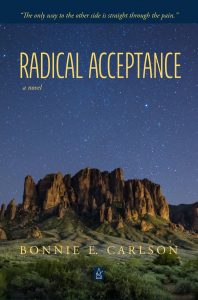 One poor decision can tank everything. Middle-aged Laurel Peterson has struggled for a lifetime to overcome her damaging childhood. She’s managing quite well as a successful graphic artist in Scottsdale, Arizona, when life comes crashing down. She decides to indulge in just one drink to take the edge off, but a third DUI rips away everything she’s worked to build.
One poor decision can tank everything. Middle-aged Laurel Peterson has struggled for a lifetime to overcome her damaging childhood. She’s managing quite well as a successful graphic artist in Scottsdale, Arizona, when life comes crashing down. She decides to indulge in just one drink to take the edge off, but a third DUI rips away everything she’s worked to build.
She finds herself in the infamous Tent City jail in the scorching Arizona desert, pending a subsequent prison sentence. Laurel, determined to fight her demons, scrabbles to make real changes in her life and become sober once and for all. But, can she… with her sister’s murder, an ungrateful mother battling Parkinson’s Disease, and the stakes ratcheting upward when she’s contacted by a son she abandoned nineteen years before?
Link to the book: https://adelaidebooks.org/radical%20acceptance.html
Category: How To and Tips, On Writing




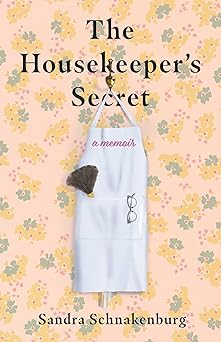






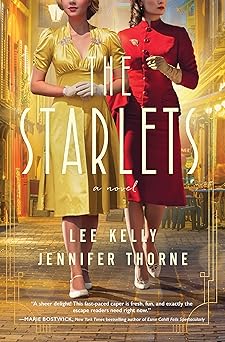
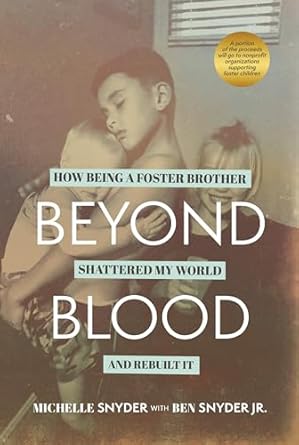
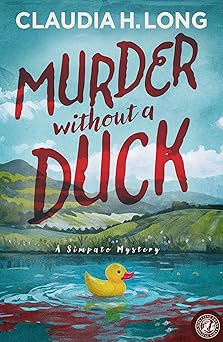
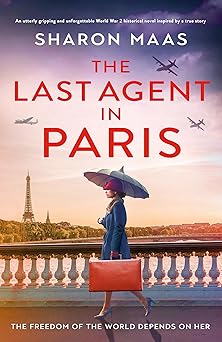
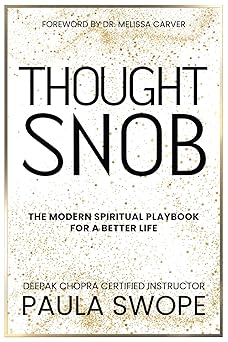
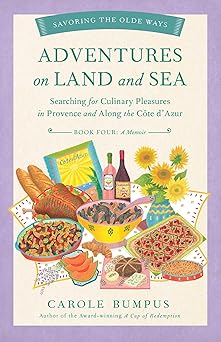
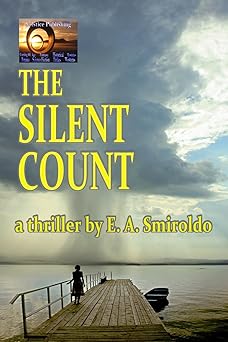
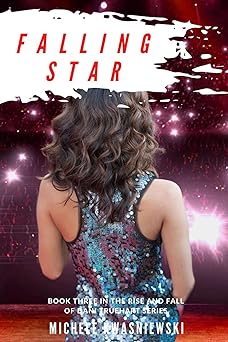
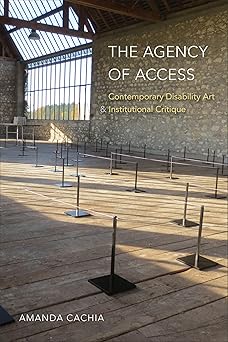
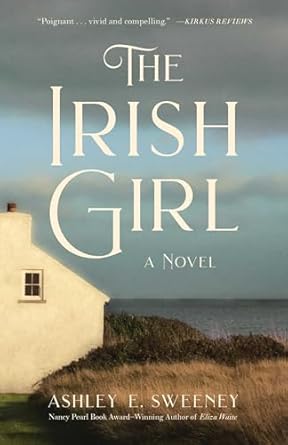
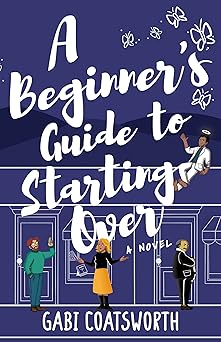
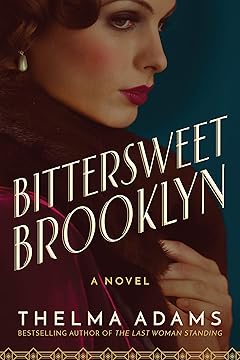

I’m very interested by your thoughts because it’s a subject I think about a lot – in fact just this morning I was tele-therapizing with my counselor and it came up. Every fiction writer has to do what works for her – whether she succeeds is another question. For me one of the deep pleasures of writing is trying to understand what it must be like to be somebody else. I once was about 60,000 words into a novel with a character whose history was a lot like my own – but I detested her, and had to give up. (This obviously says something about my own issues.)My published novel has a central male character, a southern woman with deep roots in her town, twin sisters, an insecure classical music dj (male), and a black woman descended from the Potano Indians who has magical/mystical gifts. I am none of these people, not even close. But readers comment especially on how real my characters are. If I can imagine it, I will write it, and that is my joy. I don’t quite know how one could write, and I certainly wouldn’t want to read, a novel that is just one character, or even just one point of view. I know the outrage is directed at writers who cross class, race, or sexual identity/orientation lines. I want everyone to like me, hate to have people disapprove of me (another of my issues). But I’m 72, finally writing well and consistently with great joy, finally published with another novel possibly to be published, and I’m going to do it the way I think it works, the very best I can. I’ll fail sometimes, and I’ll succeed sometimes, but I’m doing it.
I’m in that camp with you. If I can only write about 60ish white cisgender females, my world will be dull indeed.
I think this one line from your essay says it all: “One potential downside to being a member of any group is assuming your experience—being white or black, lesbian or straight, old or young, victim of abuse, addict, etc.—is the same experience for all members of that group.” That applies in the other direction as well. Assuming one knows everything about those in a group to which they do not belong is at the root of the issue. Don’t assume. Write your story, but get it right.